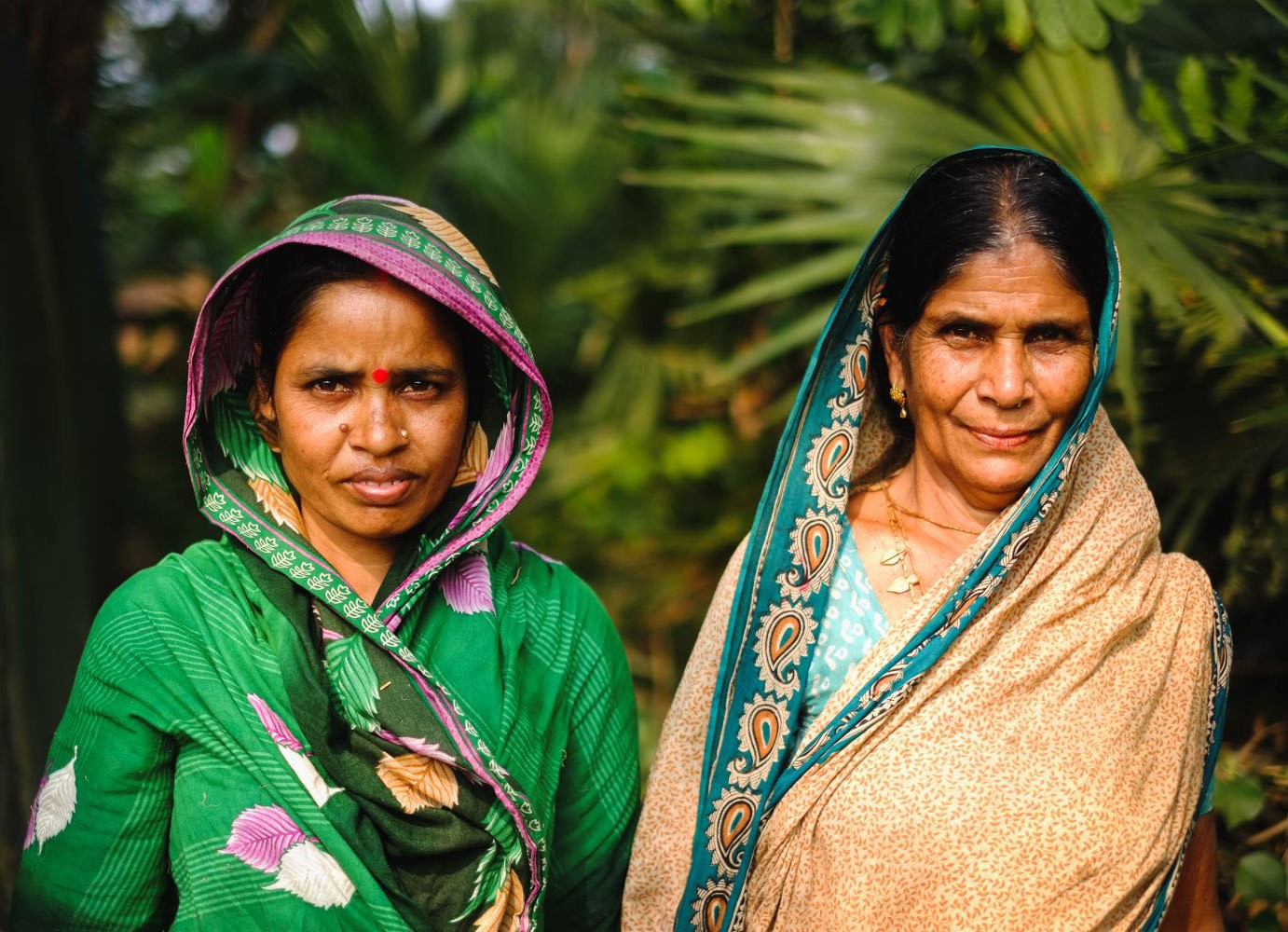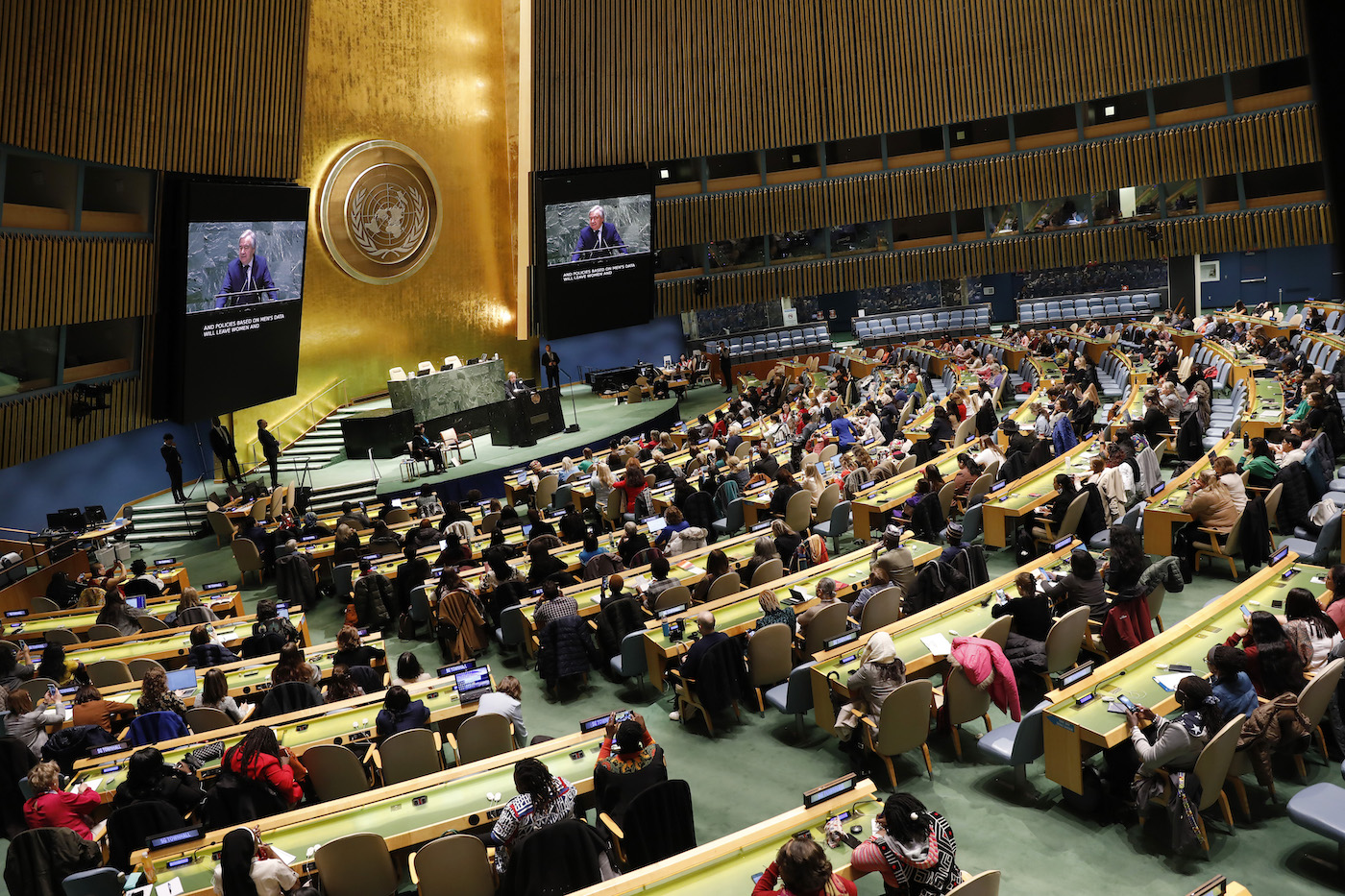Lant recently blogged on the weak language on migration in the draft Sustainable Development Goals (SDGs). If we want a just, equitable, and inclusive world, the most powerful tool at our disposal is migration. And yet the best the SDGs can do is call for countries to “facilitate orderly, safe, regular, and responsible migration and mobility of people, including through the implementation of planned and well-managed migration policies.”
The Addis Financing for Development draft doesn’t do too much better. It suggests: “Recognizing the positive contribution that well-managed migration and mobility can play for inclusive growth and sustainable development we will make efforts to enable the orderly, safe and regular migration and mobility of people, while protecting the rights of migrant workers in compliance with the ILO’s [International Labour Organization’s] fundamental conventions, as well as the rights of displaced persons.”
That’s fine as far as it goes, but it hardly goes at all. In the spirit of diplomatic constructive ambiguity, both of these formulations leave it open to interpretation whether it is the nouns (“migration” and “mobility”) or the modifiers (“orderly, safe and regular”) that are the priority. That is, migrant-sending countries can read “facilitate” and “enable” to mean “encourage more” while the reluctant recipients of “irregular” and “disorderly” migration can read “facilitate” and “enable” to mean that about “orderly, safe and regular”—even if that means less migration in total by eliminating the “disorderly” while keeping their “planned” migration at the same levels.
Without specifics around levels of migration, education, skills portability, and ensuring migrants can send money home to friends and family, the text is only a little better than no text at all. While we are hardly the pair to come up with the language, we’ll take a stab at some possible concrete proposals, and a brief rationale so others can help this along:
-
Industrialized economies commit to [double] the proportion of all migrants admitted that come from low- and lower-middle-income countries by [2025].
There has to be something in the text that indicates that “facilitate” or “enable” means more migration of a development-friendly type.
-
Each industrialized country will have launched at least one development-friendly, rights respecting, policy program that addresses its needs for labor through greater labor mobility by 2020.
While all agree that no language is going to force countries to lower barriers, there are bilateral schemes out there, like the New Zealand-Pacific Islands Recognized Seasonal Employer Program, that are delivering a “triple win” for migrants, sending and recipient countries — getting countries to highlight what they are doing and talking about how to do it better can encourage more experimentation.
-
The Multilateral Development Banks will calculate the income gain and poverty reduction at global and national poverty lines from allowed migration for industrialized countries and as many other countries as possible to document the link between labor mobility and inclusive growth.
As Michael Clemens has shown, 80 percent of all Haitian naturals (born in Haiti) who do not live in poverty live outside of Haiti. The current methods of measuring poverty at national levels completely misses the gains to people who cross borders to move out of poverty. Some measure of that, however crude, can put the income gains of movers onto the development agenda.
-
We commit to work toward agreeing stronger international standards governing professional and technical qualification to improve the portability of skills worldwide by 2020.
The rich world is going to need many more workers in medium-skill occupations (e.g. plumbers, electricians, home health-care assistants) but currently there is no way to make skills, particularly those acquired on the job, pay off to movers and make it easier for host countries to recruit those with the skills they need. Promoting common standards that countries can use as benchmarks is a public good produced with international cooperation in many areas of life — the International Civil Aviation Organization has helped created international air travel safe enough that people will go to Addis for a meeting about development finance. It is time for a set of global standards around skills.
-
Partner countries will develop skill partnerships where migrant-destination countries provide finance and technology to train skilled migrants in their countries of origin, helping those origin countries share in the benefits of high-skill migration.
Given the massive cost differences in training in poorer versus richer countries, proposals for visa-linked training schemes can be win-win-win—more trained people in the sending country (as less than 100 percent of the trained move or stay abroad), a win for the movers (who get skills and an improved quality of life), and win for host countries (who get qualified workers).
-
National and multinational regulatory bodies will work to ensure national and global financial regulations including those governing anti–money laundering efforts allow competitive, affordable remittance and correspondence banking services especially with least developed countries and fragile states by 2020. We will ensure regulatory and policy reforms to ensure the cost of remitting funds to low- and lower-middle-income countries is reduced to below [5%] of remittance value by 2020 and below [3%] by 2030. We will develop international regulatory solutions to allow for international direct transfers via mobile finance applications by [2020].
There is already a goal for lowering remittance costs in the SDG draft, so something concrete in the financing accord about facilitating flows — given the magnitude of remittances versus other finance — is a natural extension. Both the potential of mobile finance and the risk of anti–money laundering rules for those flows are considerable.
-
We will increase the share of students from least developed countries (LDCs) out of all foreign students enrolled in tertiary education. Industrialized countries commit to end tuition fee discrimination against LDC students by 2025.
International students are an important linkage in the world, promoting subsequent trade, investment and migration flows; and the higher education industries in many countries see an opportunity to provide services — but hopefully not for exploitation. Providing tuition to LDC students at the same price as to nationals will facilitate this exchange.
Perhaps what we have suggested won’t fly, but we invite others to help find goals on labor mobility that will. If the financing for development draft is going to deliver on the most expansive and ambitious development agenda in history, it can’t afford to ignore the most important tool for human development that we have.
Disclaimer
CGD blog posts reflect the views of the authors, drawing on prior research and experience in their areas of expertise. CGD is a nonpartisan, independent organization and does not take institutional positions.





